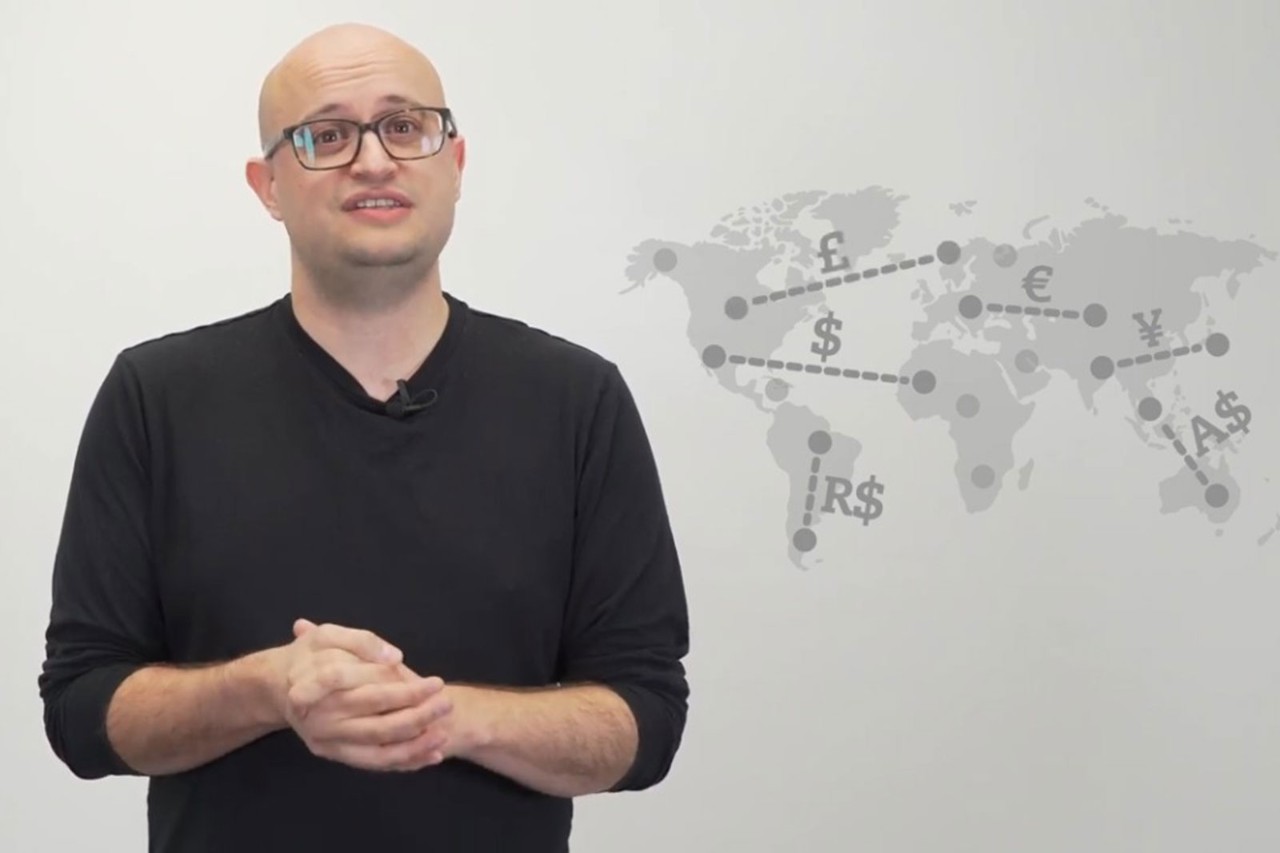
A sustainability focus in businesses is becoming the new normal, but trust in sustainability information is lagging.
Regulatory frameworks are evolving, and markets are growing fast. More than US$30 trillion globally is already invested in sustainability-related assets, and the figure is expected to hit US$40 trillion by 2030. But low-quality data and a lack of ethical safeguards are serious threats to that momentum.
The world needs trusted sustainability information, and strong frameworks to make it work for its main purpose: to manage risk. That calls for clear ethical and independence standards, to be applied consistently by all who prepare or assure sustainability reports – accountants and non-accountants alike.
Accordingly, the International Ethics Standards Board for Accountants (IESBA) has issued a new set of global ethics standards for sustainability. They include ethics and independence standards for sustainability assurance (IESSA), enhanced ethical provisions for sustainability reporting, and a new standard on using the work of external experts. Together, they form part of the IESBA International Code of Ethics, which has been adopted or is in use in over 130 jurisdictions.
Responding to risk
This global, consistent ethics foundation for sustainability reporting and assurance comes at a critical time.
Greenwashing poses a severe threat to the global effort to ensure high-quality sustainability information. Above all, it undermines trust and impairs the effective functioning of the business sector and the financial system. In 2023 alone, more than 2,000 companies were identified by consultancy RepRisk as carrying out greenwashing activities. Fines in the millions show that regulators are responding. But so far, rules alone haven’t been enough to eliminate greenwashing.
Ethics provides a framework for good judgment – even when pressure to compromise is high
Poor data, inconsistent ratings and weak reporting and assurance are feeding public scepticism. A sustainable economy cannot be built on a foundation of doubt. Ethics changes that. Ethics helps professionals recognise and respond to threats to their integrity, objectivity and independence – and therefore, to the quality and reliability of the information they prepare or assure. It provides a clear framework for good judgment – even when the pressure to compromise is high.
Sustainability information is complex and forward-looking, and often involves subjective judgments. All of this increases the opportunity for bias and manipulation. That’s why the IESBA standards are a game-changer. They are robust, ambitious and address the complexity of the matters and frameworks they apply to.
Support
Professionals don’t have to navigate this alone. IESBA made it a strategic priority in 2025 to slow down new standard-setting and focus on supporting the adoption and implementation of recently issued standards, having created a specific working group to that effect. In particular, we are backing the Global Ethics Sustainability Standards with one of the most comprehensive implementation programmes we have ever undertaken.
- We have established an IESSA implementation monitoring advisory group – experts in practice who advise IESBA on implementation challenges and how best to respond in a timely way.
- We are developing practical tools – including FAQs, implementation guides and explanatory materials – to help practitioners apply the standards consistently.
- We have extended the timeline to allow a longer lead time for the value chain independence provisions. There are now effectively four reporting cycles before those provisions come into force.
- We are working with IAASB, IFAC, ISSB, IOSCO, PAFA, UNCTAD and other organisations to strengthen capacity for the standards across jurisdictions.
- We are enhancing stakeholder engagement, especially with the accountancy profession, to gain a better understanding of the implementation challenges and to provide closer support.
Almost half of all sustainability assurance engagements worldwide are being undertaken by non-audit firms. This requires mechanisms to ensure a level playing field in the public interest.
Like the IAASB’s ISSA 5000 standard, the IESSA is designed to ensure that the same ethical and independence requirements apply, whoever is doing the assurance work. This is essential to protect the public and to make sure accountants do not have to follow stricter requirements than other providers.
Mindset
Ethics is not a box-ticking exercise; it is a mindset. These standards promote a culture of inquiry, sound judgment and accountability. But we cannot do this alone. We are calling on jurisdictions, firms, companies and professional bodies to adopt and promote the IESBA sustainability-related standards.
Engagement is important, as the standards must work for real people in real situations
We are also calling for open dialogue. Engagement is important, as these standards must work for real people in real situations. ACCA has been working hard in this regard, promoting forums for discussion, listening to members and supporting adoption.
And if there are areas where professionals need more help, we’ll provide it within our mandate and capacity.
This is not the end of a project; it is the start of a journey. It is an opportunity we cannot miss and must take together.



